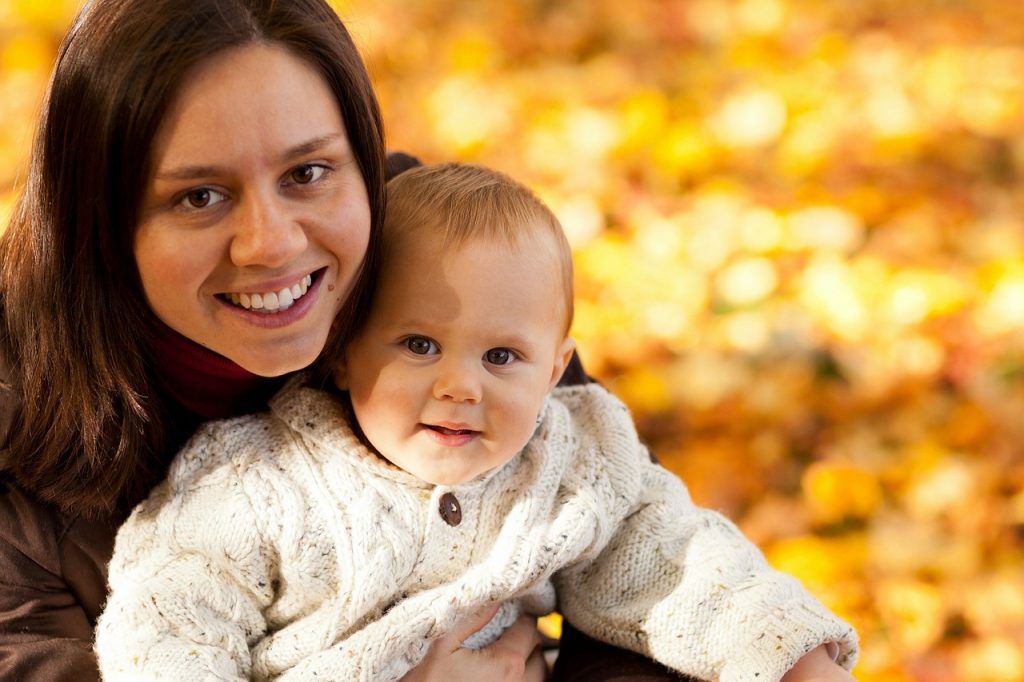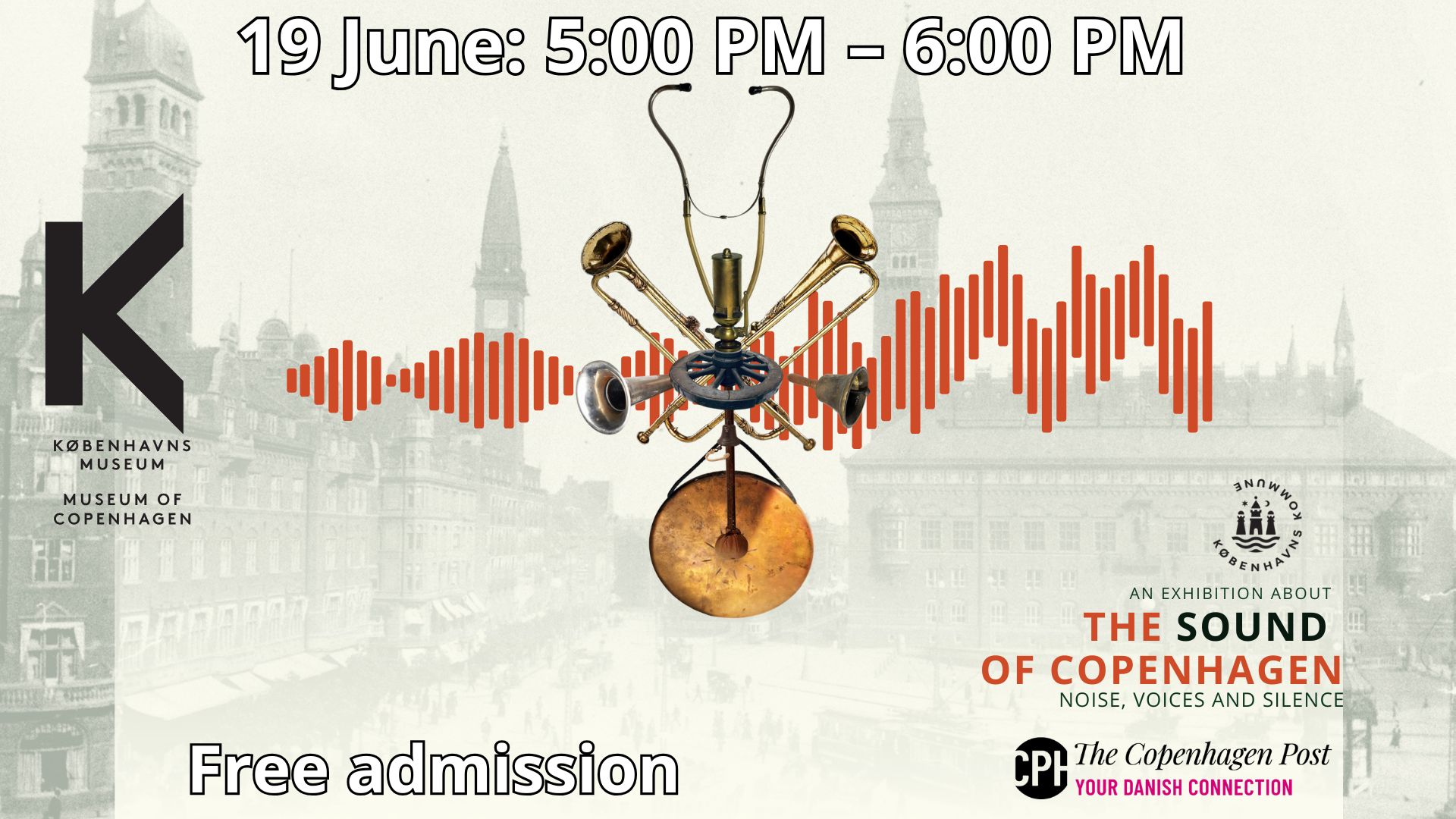The number of residence permits being granted to au pairs has fallen significantly in Denmark following legislation passed in July 2015 that requires the workers to get a minimum salary of 4,150 kroner per month – a rise of 950 kroner – along with several benefits, including a 5,000 kroner education and travel expenses from and back to their home country. Just 505 were working in the country over the first five months of 2017, of which 422 were from the Philippines, and the Udlændingestyrelsen immigration service is predicting a total annual number of 1,200 – way down on previous years, reports avisen.dk.
Fishermen enjoying record year
Denmark’s fishermen are enjoying their best ever year, according to Finans. Earnings are expected to soar by 8-10 percent on 2016, which was itself a record year. Some 449,000 tonnes of fish were brought in during the first five months of the year – double the number of 2016. Partly responsible is the growing popularity of industrial fish such as sandeel, which are used to produce fishmeal, fish oil and fertiliser. A favourite among seabirds, it was feared that their overfishing was killing the birds off in the North Sea, but no direct link has been established.
Record year for Copenhagen Jazz Festival
Prepare yourself for an onslaught of melodious tunes from Friday as the ten-day Copenhagen Jazz Festival gets underway. This year, the 39th edition, there will be a record 1,400 concerts at over 120 venues in Copenhagen and Frederiksberg. American jazz pianist Jason Moran will play the official opening concert in the foyer of Skuespilhuset on Friday, although many venues’ programs will have already started by then. This year’s other headliners include Herbie Hancock, Jamie Cullum, Anoushka Shankar, David Sanborn, Dee Dee Bridgewater and a new Danish superquint featuring ‘X Factor’ host Thomas Blachman.
Drop in higher education applications
According to figures from the Ministry of Education and Research, there have been 91,539 higher education applications – 3,205 fewer than in 2016, which was a record year. However, before advocates for more vocational educations start celebrating, it should be remembered that thousands will be rejected and that the actual number of first-year students next academic year will be mostly unchanged. The number of applicants wanting to study medicine rose the most – up 9 percent to 3,779 – followed by builders (up 7 percent). While the most popular course continues to be teacher training – 6,792 applicants despite a 6 percent decrease – followed by nursing (down 2 percent to 5,337).














